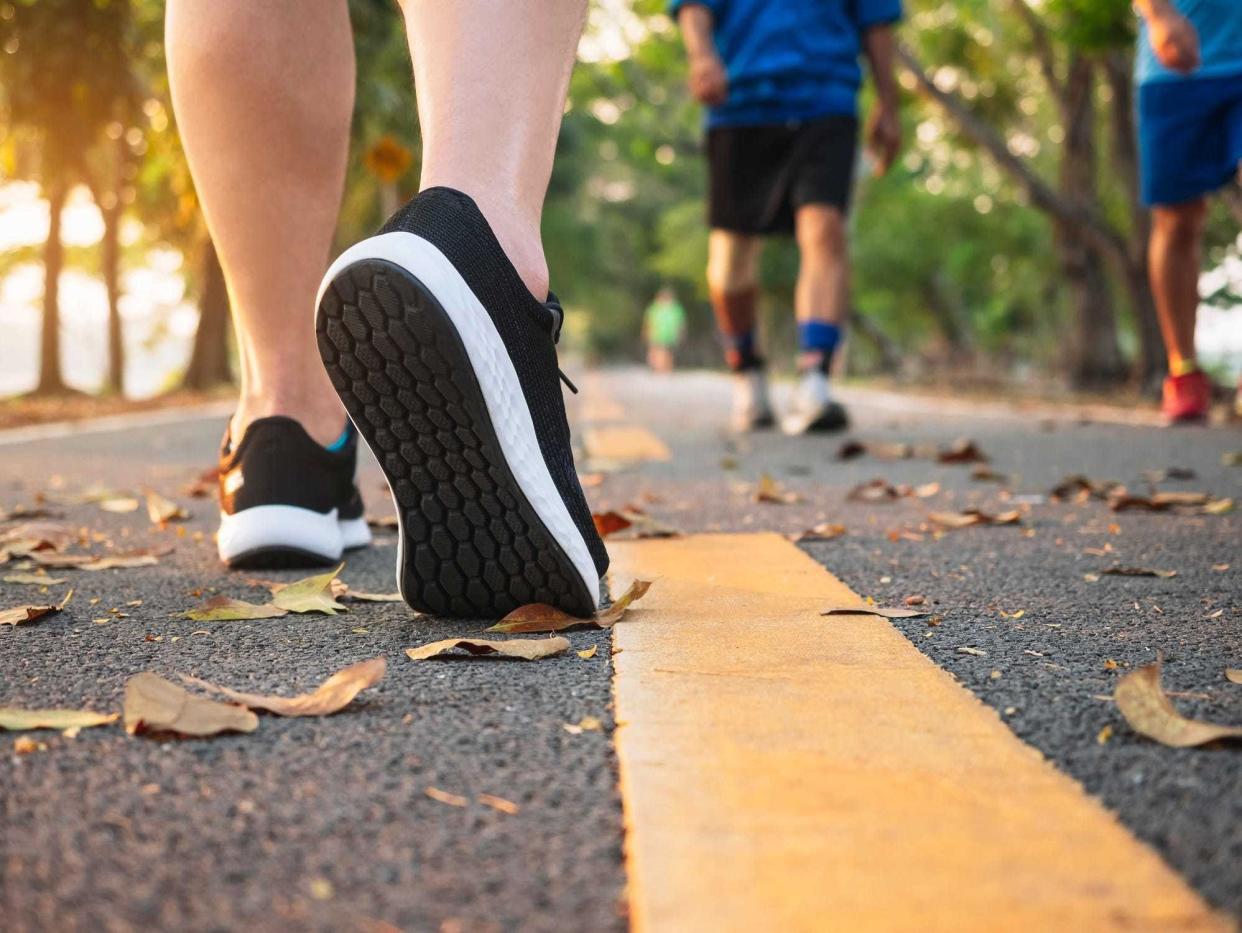Does COVID-19 impact our ability to exercise?

- Oops!Something went wrong.Please try again later.
Adam’s Journal
I have a friend who had a terrible bout of COVID-19 early in the pandemic. Almost two years later, he hasn’t been able to run at the same pace as before getting sick, and when he does run, his heart rate is higher. What, if anything, do researchers know about the long-term impact of COVID-19 on people’s fitness levels?
Dr. McEver Prescribes
We’ve learned that fatigue, brain fog, respiratory distress and other coronavirus symptoms can persist for weeks to years — the syndrome known as long COVID — after initial infection with SARS-CoV-2, the virus that causes COVID-19. A new study now points to another possible effect: reduced exercise capacity.
Researchers at the University of California, San Francisco, reviewed nine previous studies tracking the exercise performance of 800 people who previously had COVID-19. They found people with long COVID tend to have lower endurance capacity and more difficulty working out than those of similar ages who recovered from COVID-19.
Among those within the long COVID cohort, their muscles sometimes pulled less oxygen from the bloodstream than normal, and their heart rates didn’t increase in line with what is typical of exercise. Most surprisingly, the researchers found this group had the exercise performance of someone a decade older than their actual age.
Some scientists hypothesize that people with long COVID develop physiological changes that impact their bodies’ response to exercise. The Oklahoma Medical Research Foundation’s Dr. Judith James and colleagues at the University of Oklahoma Health Sciences Center are participating in a nationwide study of long COVID as part of a broader effort to better understand and treat the condition.
At this point, we don’t know if reduced exercise capacity following COVID-19 infection will be permanent or if it will disappear over time with reconditioning. While your friend’s pace may be slower, what’s important is that he remains active. Kudos to him for putting one foot in front of the other!
McEver, a physician-scientist, is vice president of research at the Oklahoma Medical Research Foundation. Cohen is a marathoner and OMRF’s senior vice president and general counsel. Submit your health questions for them to contact@omrf.org.
This article originally appeared on Oklahoman: Reduced exercise capacity may be the newest known effect of COVID-19

